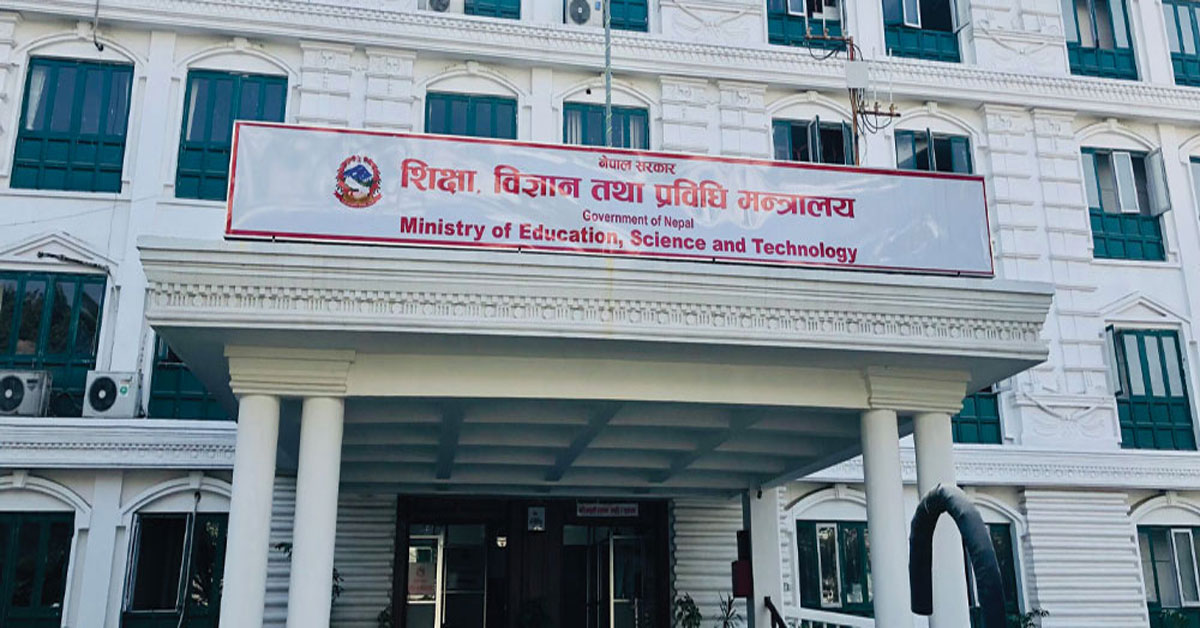
The discrimination between students studying in community and private educational institutions in the scholarship selection examinations provided by the government for school and higher education is now set to be removed.
Key Points to Know
|
In recent years, the government has been providing various types of scholarship quotas for students who wish to study school education, especially in Grades 11 and 12, and for higher education in fields such as medicine, engineering, forestry, and agriculture. However, there is a legal provision that, to participate in the entrance examinations related to the selection of such scholarships, candidates must have passed the Secondary Education Examination (SEE) from a community school.
According to the Ministry of Education, Science and Technology, a draft law has reached its final stage, designed to ensure that there will be no discrimination in the distribution of scholarship quotas based on whether the SEE has been passed from community or private educational institutions.
According to Kedar Koirala, Undersecretary at the Law and Verdict Implementation Section of the Ministry, the draft law has been prepared in such a way that it will fully remove the discrimination that has been taking place in scholarship distribution solely on the basis of having studied in community or private schools. He stated, “The Supreme Court had also issued a directive order on the matter of removing such discrimination. Accordingly, we have completed our preparations.”
The Ministry’s proposal will come into implementation after it is endorsed by the Council of Ministers and then passed by Parliament. However, Koirala stated that, since there is currently no Parliament, implementation may be delayed for some time. He said, “Because there is also an order from the Supreme Court, once the draft we have prepared becomes law, all discriminatory provisions related to scholarships that exist in the current Acts, Rules, and Directives will automatically be annulled.”
Private schools and higher education providers operating within the country must provide scholarship quotas equivalent to 10 percent of their total student intake, while foreign educational institutions must provide scholarship quotas equivalent to 20 percent of their total student intake. In addition, various countries also provide scholarship quotas to the Government of Nepal for higher education studies.
The government selects students through entrance examinations and distributes all such scholarship quotas on the basis of merit. However, students from private schools had been expressing grievances that they were facing difficulties because of the provision requiring candidates for scholarships to have passed the SEE from community schools.
Furthermore, the Medical Education Commission has made it mandatory for students who wish to participate in the scholarship examinations for MBBS, MD and other medical-related programmes to have studied from Grade 6 onwards in community schools and to have passed the Secondary Education Examination (SEE) there. Such a provision is included in Section 20 of the National Medical Education Regulation, 2077.
Sub-rule 5 of that section states that only if candidates who have passed from community schools are not found will priority be given to students who passed the SEE from other types of educational institutions. In addition, of the total scholarship quota thus obtained, 45 percent of the seats are treated as 100 percent and are divided among different communities to provide such scholarships.
Scholarship in Nepal

